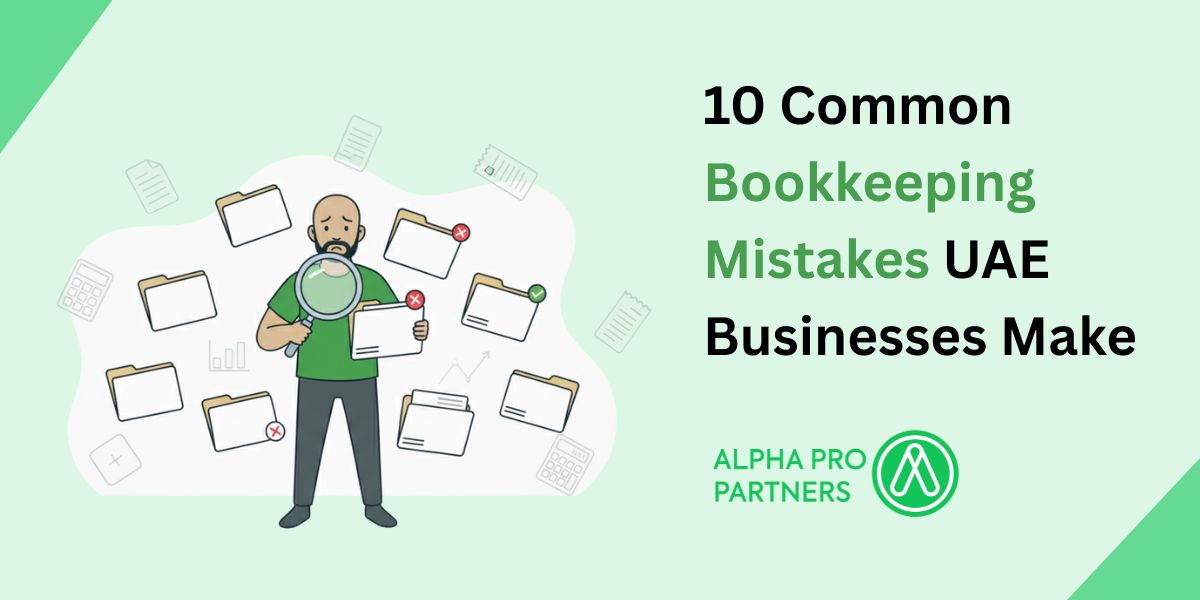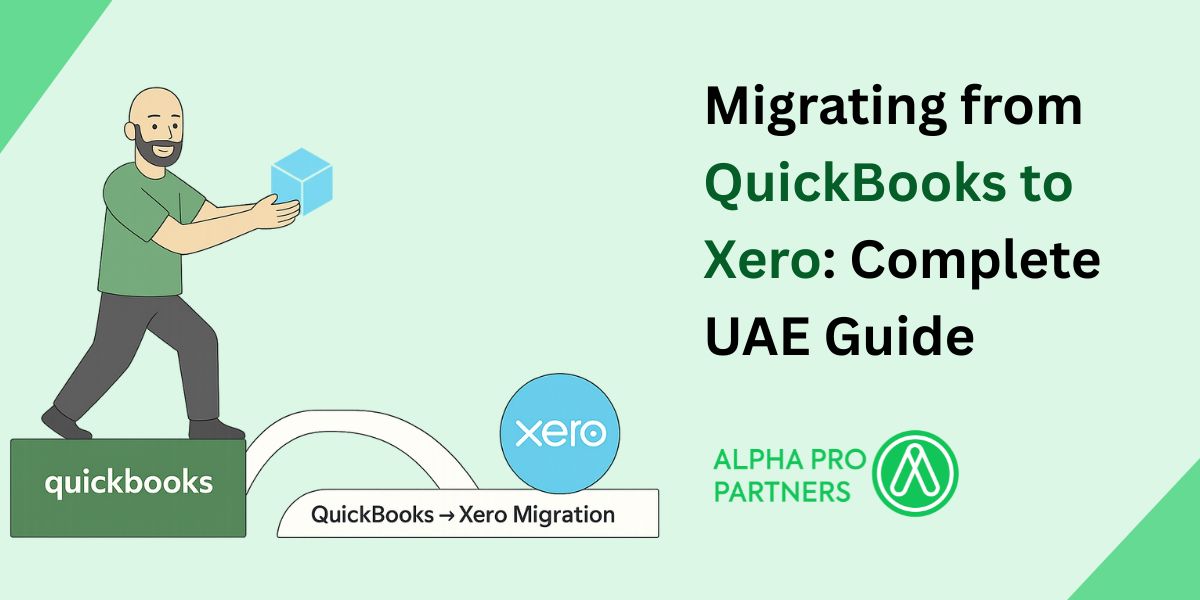How Small Business can prepare for VAT implementation in the UAE

It has been a while since the UAE and the other GCC countries signed an agreement to implement VAT by 1 January 2018. For many companies, there may be a misconception that just because it is going live in 2018, they can wait until then before they start the process of preparing for VAT. The answer is no. Being able to capture VAT data and be in a position to submit quarterly returns, manage cash flow, understand the implications of how VAT affects the business model, and educate the workforce on how the change affects them is not a task that can take a few weeks. It can take many months.
UAE VAT rules
Although the VAT rules are not yet published there has been a lot written in the press about what the rules will cover which have been released by the UAE Ministry of Finance. This includes that companies in the UAE with revenues over Dh375,000 ($137,000) will be obliged to register for VAT and companies with revenues between Dh375,000 ($137,000) and Dh187,000 ($51,000) will have the option to register. It has also been confirmed that the rate of VAT will be 5% and the main items to be taxed include big-ticket items such as electronics, smartphones, cars, jewelry, watches, restaurants, and entertainment. There is an expectation that certain beverages which are deemed to be harmful are also to be targeted including high sugar content drinks. However, the UAE government has announced that 10 food items, health, education, bicycles, and social services will be exempt from VAT.
Not implementing VAT early?
The consequences of not implementing VAT on time can cause major disruption which includes fines, penalties, and investigations from tax authorities. Other major factors to consider which will prolong the implementation include changes to IT and/or Accounting systems and processes, communication with customers and suppliers, ensuring adequate training for staff members, and getting specialist advice from VAT advisors in helping understand which aspects of the business are subject to VAT and which are exempt.
Planning for VAT
Understanding the full scope of changes required for businesses early is essential. This can be done by engaging with a VAT expert or an Accounting firm if the existing Accountant does not have the technical ability to do so. Once a plan has been established, there should be a person responsible for the implementation who can ensure that all steps are taken and all challenges are addressed for a successful implementation.
The main area of changes
The main areas of change for VAT implementation would be the IT and/or Accounting systems. This could be the single most complicated area to change as many businesses use automated systems and databases. Depending on how old or the level of support the business receives from their IT vendor, this can be quite a time-intensive and costly job as IT systems can cover point of sale terminals, invoicing, accounting, information, reporting, and CRM. If current systems are not supported or unable to transition to VAT then new systems may be required to be implemented. Similarly, if businesses are not recording accounting transitions, then this will need to be implemented soon to be able to file quarterly returns.
Education and training
Once all systems and processes are in place for the business in preparation for VAT to go live, staff who will be processing these functions will need to be trained on the rules and processes. This is also a crucial aspect of preparation because if the tools are provided without the know-how, things will not work according to plan. Therefore, it is recommended to take staff on training courses on how to deal with VAT or to get a VAT expert to come in the house to help with training. Preparation for VAT implementation is crucial for all affected businesses and the time to act is now. The risks of not preparing early can cause a slowdown in business, penalties, and government investigations if not carried out properly. Contact us at Alpha Pro Partners on how we can help you prepare for VAT in Dubai.

.webp)







%20Widgets%2C%20Shortcuts%20%26%20Customisation.jpg)







.webp)
.webp)


.png)
.png)
.png)
.png)
.png)

.png)
.png)



.png)
.png)





.jpg)


.jpg)





.png)
.png)






.png)


